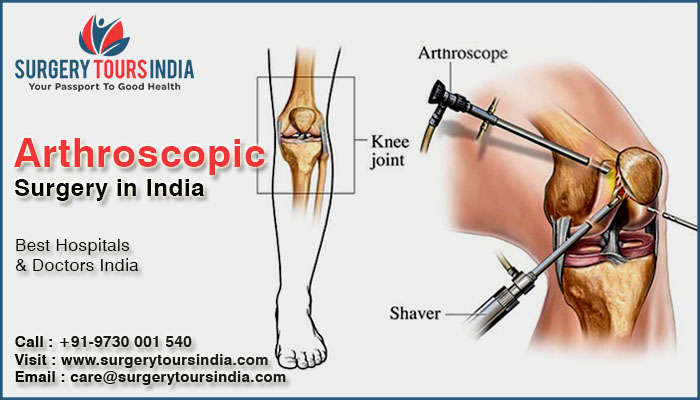Best bone marrow transplant specialist in india, Best bmt surgeons in india, Bone Marrow Transplant in India, Bone Marrow cancer in india, Bone Marrow Transplant Donor, Best Bone Marrow Transplant Hospitals
Bone marrow cancer
Bone marrow contains stem cells that develop into the many
types of blood cells found in the body, including:
White blood cells, which fight infection
Platelets, which help with blood clotting
The body usually produces these blood cells as needed, such
as when old blood cells die. Sometimes, these cells grow too quickly or
abnormally. This is known as bone marrow cancer
Types of bone marrow cancer
Bone marrow cancer is categorized by the type of cells
affected.
Multiple myeloma
Multiple myeloma is a type of cancer that occurs in the
plasma cells, which are made in the bone marrow. Plasma cells play an important
part in the immune system and make antibodies needed to fight foreign bacteria.
Leukemia
Leukemias are cancers of the white blood cells. Sometimes
these types of cancers can start in other types of blood cells.
Acute leukemias are fast-growing cancers, while chronic
leukemias are slow-growing cancers. There are several different types of
leukemia:
Acute lymphocytic leukemia (ALL): This type of leukemia is
more common in children than in adults.
Acute myeloid leukemia (AML): This type of leukemia is more
common in older adults, although children can also develop it.
Chronic lymphoid leukemia (CLL): This type of leukemia is
found in the lymphocytes (a type of white blood cell) and is more common in
older adults.
Chronic myeloid leukemia (CML): This type of leukemia is
uncommon. It starts in the bone marrow and spreads to the blood and other body
tissues.
Chronic myelomonocytic leukemia (CMML): This type of
leukemia is found in the bone marrow cells that make other blood cells. It
primarily affects older adults.
Childhood leukemia: Childhood leukemia is the most common
type of cancer that affects children and teenagers. Most cases of childhood
leukemia are ALL or AML.
Lymphomas
Lymphomas are cancer cells in the lymphatic system. These
types of cancers can occur in many places in the body, including in the bone
marrow.
There are two main types of lymphomas:
Non-Hodgkin's lymphoma: A type of lymphoma that affects the
lymphocytes. These cancers can develop anywhere in the body and can affect many
different types of lymphocytes.
Hodgkin's lymphoma: Hodgkin's lymphoma is also a type of
cancer that affects the lymphocytes. The main difference between non-Hodgkin's
and Hodgkin's lymphoma is the presence of a specific type of abnormal cell
called Reed-Sternberg cell.
Symptoms
The type of cancer, where it is located, and how aggressive
it is will all determine what symptoms a person experiences.
Symptoms of multiple myeloma may include:
- bone pain or fractures
- fatigue
- increased infections
- changes in urination frequency
- confusion
- thirst
- nausea or vomiting
- weight loss
Symptoms of leukemia may include:
- weakness
- fatigue
- shortness of breath
- fever
- bone pain
- weight loss
- night sweats
- enlarged lymph nodes or spleen
- frequent infections
- pale complexion
- frequent and unexplained bruising
- prolonged bleeding from small wounds
- body aches
Symptoms of lymphoma are similar to the signs of leukemia,
but may also include:
- persistent cough
- itchy skin
- night sweats
- fatigue
- fever
- lymph node pain after consuming alcohol
- enlarged lymph nodes
- loss of appetite
- abdominal pain
- itchy skin
- rashes or skin lumps
- feeling full or bloated from an enlarged spleen
Anyone experiencing these symptoms should see their doctor
promptly for an evaluation.
Diagnosis
Tests performed to diagnose bone marrow cancer may include:
Blood and urine tests: Blood or urine tests can detect a
specific protein associated with multiple myeloma. Blood tests can also
evaluate kidney function, electrolyte levels, or other blood cell levels.
Bone marrow aspiration: Doctors will use a special needle to
puncture one of the bones and withdraw a small sample of bone marrow. A
specialist will look at the sample under the microscope to look for abnormal or
cancerous cells. This test is done with anesthesia to minimize the discomfort
or pain.
Imaging tests: X-rays, computerized tomography (CT) scans,
magnetic resonance imaging (MRI), and positron emission tomography (PET) scans
can be used to look for abnormal or damaged bones.
These tests may also be used periodically during treatment
to see how the treatment is working or to monitor how the disease is
progressing.
Treatment
Treatment for bone marrow cancer is highly individualized
and depends on many factors, including the extent of the cancer and the
person's overall health.
Treatment can be used to cure the cancer, prevent its
spread, or sometimes just minimize the symptoms in order make the person more
comfortable.
When there are no longer any abnormal cells in the blood or
bone marrow, the person is said to be in remission.
Types of treatment include:
Chemotherapy
stem cell freezing process
A stem cell transplant may be a possible treatment option
for some bone marrow cancer patients.
Chemotherapy uses medications to either kill cancer cells or
prevent them from reproducing. There are many different types of chemotherapy
treatments.
Stem cell transplant
A stem cell transplant may be an option in some cases,
though not everyone is a candidate for this type of treatment. A person will be
given high doses of chemotherapy to kill the existing bone marrow before
receiving the transplanted cells intravenously.
Radiation
This treatment involves the administration of radiation
directly into the cancer cells to prevent them from multiplying.
After a diagnosis of a bone marrow cancer, a doctor or
oncologist will discuss all of the available treatment options and present a
treatment plan. The plan may need to be adjusted periodically, depending on how
the cancer is responding and how the person is reacting to the medication.
Your Name:
E-mail Address *:










No comments:
Post a Comment